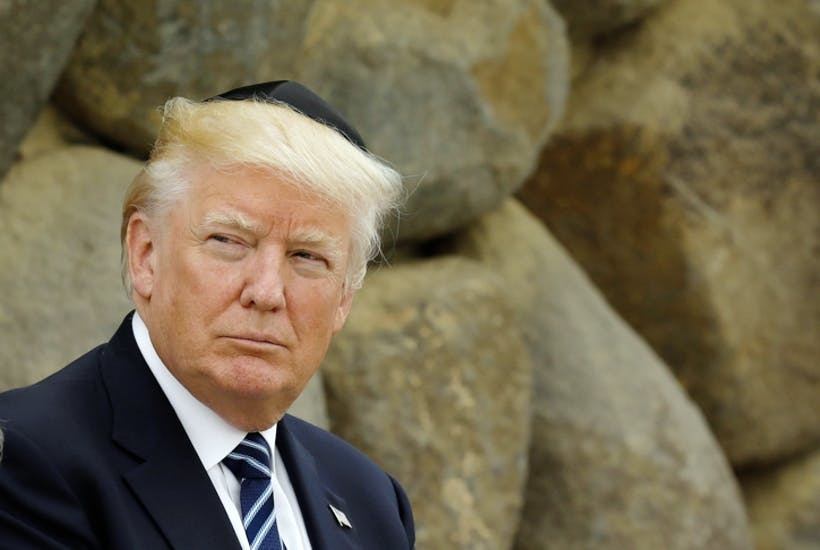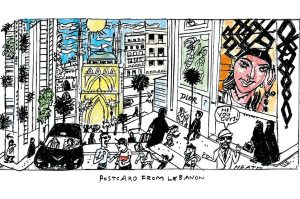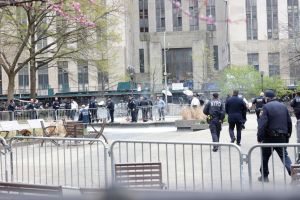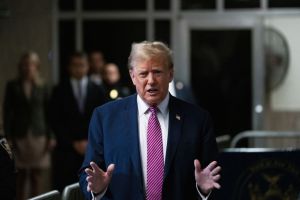Let’s face it, Jerusalem is politically, diplomatically and religiously special. It is important to the faith traditions of Judaism, Christianity and Islam. And it is important to the political aspirations of Israelis and Palestinians. Generations of diplomats have kicked the issue of the status of Jerusalem into the long grass, deciding it to be so intractable it could only be dealt with at the very end of the peace process when all other problems were resolved.
In November 1947, the United Nations agreed to divide Palestine into two states, one Arab, one Jewish, and designated Jerusalem as ‘corpus separatum’, an internationally administered separate territory. That plan did not last long. While the Jews reluctantly accepted the loss of Jerusalem as part of sovereign Israel as the ‘price to pay’ for a state, the Arabs declined it and declared war. Israel’s war of independence led to their annexing West Jerusalem in December 1948 and declaring it its capital. The 1967 war brought Jordanian controlled Jerusalem into Israeli hands, and they began to create a single Israeli Jerusalem to try to prevent the future ceding of parts of the city to become a Palestinian capital. The official de jure fiction of ‘corpus separatum’ has continued internationally, while internally Jerusalem is the seat of Israel’s President, Knesset, and Supreme Court, the site of most government ministries – the de facto capital.
Keeping the ambiguity has – probably – kept the relative peace. It has allowed other initiatives in the mediation to be born if not to flourish. Diplomacy is as much about what is not said as what is said. Regardless of current ‘facts on the ground’, East Jerusalem may yet become the capital of the Palestinian State and West Jerusalem the internationally recognised capital of Israel. The Holy Sites of the different religions are generally administered respectfully and in a workable way. Any tipping of this balance could lead to tragedy. Everyone knows this and mostly try to step back from inflammatory point scoring. Israelis know which city houses their capital, diplomats journey from their embassies in Tel Aviv to meet the Government in Jerusalem. It is shaky but it works because it keeps hope alive.
Jews have been praying for the peace of Jerusalem for three thousand years. Psalms and liturgy focus on Jerusalem, the centre of our religious world. Both city and land are our spiritual heart, never forgotten, never substituted or superseded. But it is important that while we never forget our attachment and commitment to the land of Israel our theology also prioritises peace and human life. Human life is sacred – all human life – and no point-scoring or facts on the ground or political posturing is worth destroying the life of even one person.
So we have to ask – what is the benefit of President Trump recognising Jerusalem as the capital of Israel, and what is the cost? Is this decision worth the anger aroused as hope is diminished? Will it further peace or simply destabilise a status quo? Why do it now?
Sylvia Rothschild is a British Reform rabbi


















